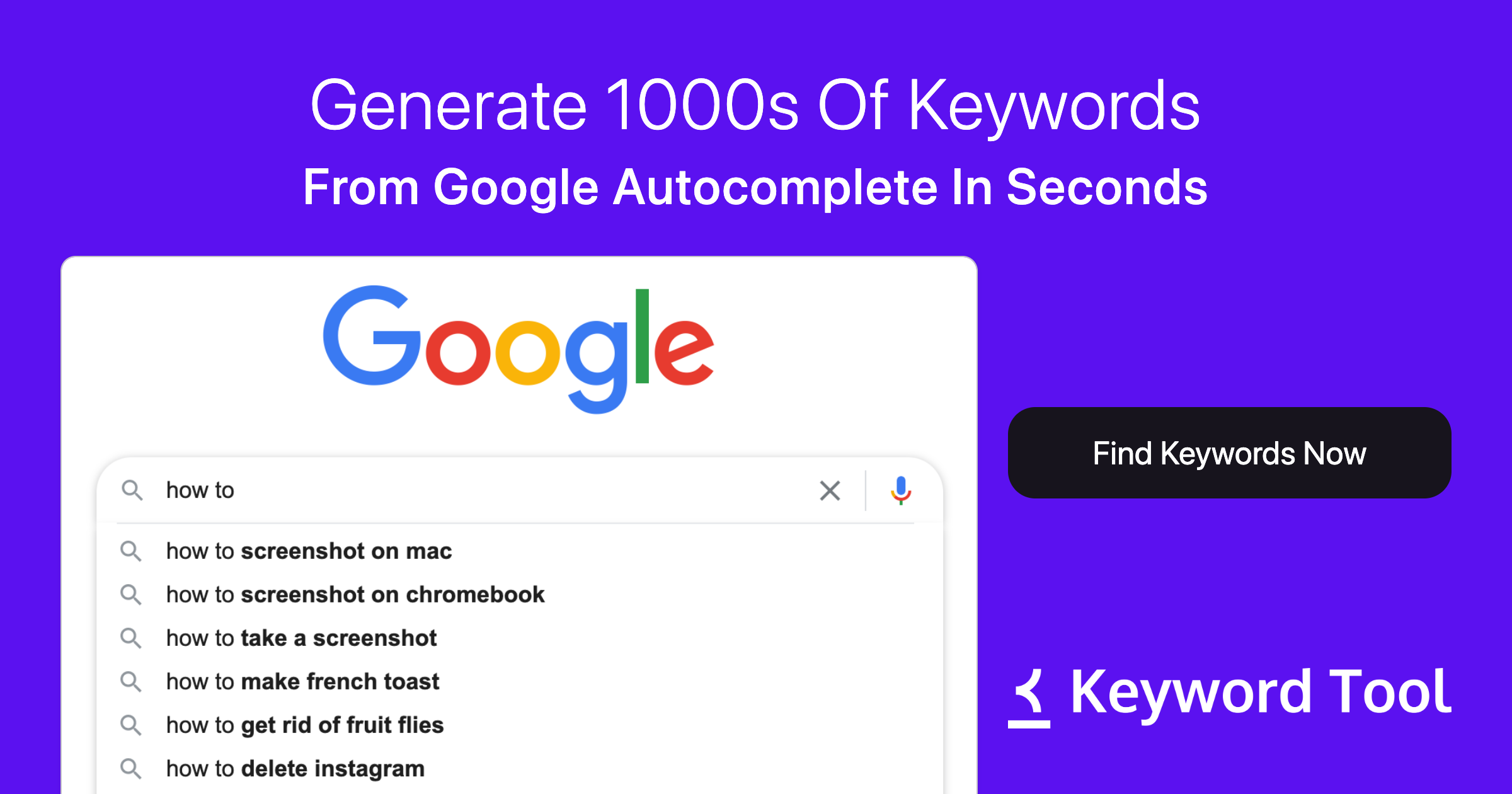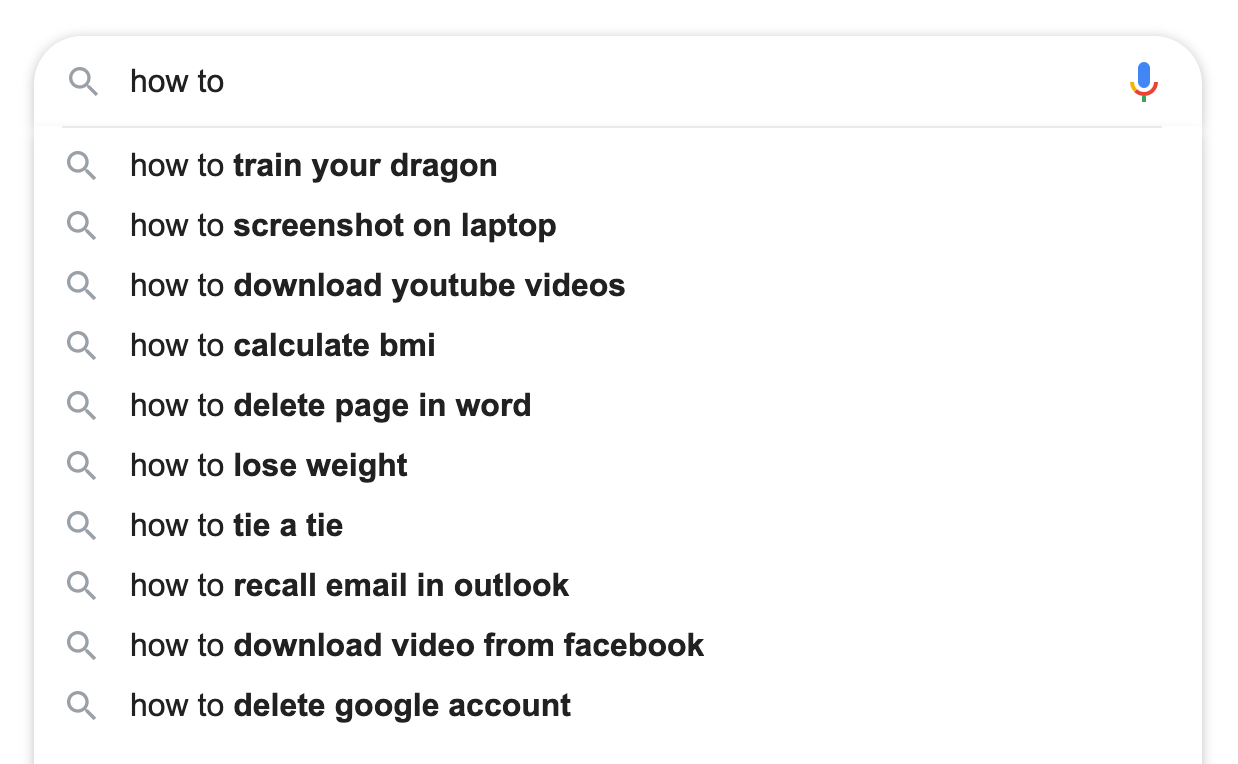Let me tell you something, folks. If you're diving headfirst into the world of SEO, there's one thing you absolutely cannot ignore: API for Google Keyword Rankings. Now, I know what you're thinking – "APIs? Sounds complicated!" But trust me, they're not as scary as they seem. In fact, they're your golden ticket to understanding how your website stacks up against the competition. So, buckle up because we're about to break it all down for you, nice and easy.
Here's the deal: if you're running a website or managing an online business, tracking your keyword rankings is crucial. Why? Because it shows you exactly where you stand in the eyes of Google. And let's face it – Google runs the show. But how do you keep tabs on those rankings without pulling your hair out? That's where APIs come in, acting as your personal data detective. They dig deep, gather intel, and serve it up to you on a silver platter.
In this guide, we're going to spill all the tea on API for Google Keyword Rankings. From what they are to how they work, and everything in between. Whether you're a newbie or a seasoned pro, this article's got you covered. So grab a coffee, settle in, and let's get started. Your SEO game is about to level up big time, trust me on that.
Read also:Hdhub4 Your Ultimate Destination For Highquality Movies And Tv Shows
Table of Contents
- What is an API for Google Keyword Rankings?
- Why is Tracking Keyword Rankings Important?
- How Does an API for Google Keyword Rankings Work?
- Benefits of Using an API for Google Keyword Rankings
- Choosing the Right API for Your Needs
- Top Tools and Platforms for Keyword Ranking APIs
- Integrating APIs with Your SEO Workflow
- Data Privacy and Security Concerns
- Future Trends in Keyword Ranking APIs
- Wrapping It Up: Your Next Steps
What is an API for Google Keyword Rankings?
Alright, let's start with the basics. An API for Google Keyword Rankings is essentially a tool that allows you to fetch data about where your website ranks for specific keywords on Google. Think of it like a bridge – it connects your website to Google's search engine and pulls all the juicy ranking info you need.
These APIs work by sending automated requests to Google's servers and collecting data on keyword positions, traffic estimates, and even competitor rankings. The best part? You don't have to manually check rankings every single day – the API does all the heavy lifting for you. It's like having a personal assistant who never takes a day off.
Breaking Down the Components
Now, let's break it down a bit further. Here are the key components of an API for Google Keyword Rankings:
- Endpoints: These are the specific URLs where the API sends its requests. Think of them as the addresses where all the data lives.
- Authentication: Most APIs require a key or token to access their data. This ensures that only authorized users can make requests.
- Data Format: APIs typically return data in JSON or XML format, which can then be processed by your tools or software.
Got it so far? Good. Now let's dive into why tracking keyword rankings is such a big deal.
Why is Tracking Keyword Rankings Important?
Here's the thing: if you're not tracking your keyword rankings, you're flying blind. Sure, you might have a general idea of how your site's performing, but without hard data, you're just guessing. And let's be real – guessing isn't going to cut it in today's competitive digital landscape.
Tracking keyword rankings gives you invaluable insights into:
Read also:Anna Malygon Leaked The Truth Behind The Viral Story And Its Impact
- Performance: How are your keywords performing over time? Are they climbing the ranks or taking a nosedive?
- Competitor Analysis: Who's beating you in the rankings, and what are they doing differently?
- Traffic Estimation: How much traffic can you expect from each keyword? This helps you prioritize your efforts.
And that's just scratching the surface. By keeping a close eye on your rankings, you can make data-driven decisions that boost your SEO strategy and drive more traffic to your site. It's like having a crystal ball for your online business – but way more reliable.
How Does an API for Google Keyword Rankings Work?
So, how exactly does an API for Google Keyword Rankings work its magic? Let me walk you through the process step by step:
- Request Submission: You send a request to the API, specifying the keywords and locations you want to track.
- Data Collection: The API queries Google's search engine and gathers data on your keyword rankings.
- Data Processing: The raw data is processed and formatted into a usable form, such as JSON or XML.
- Data Delivery: Finally, the processed data is delivered to your dashboard, software, or platform of choice.
It's a pretty seamless process, and most APIs can handle thousands of requests in a matter of seconds. This means you can track as many keywords as you want without breaking a sweat. Pretty neat, huh?
Benefits of Using an API for Google Keyword Rankings
Now that we've covered the basics, let's talk about the benefits. Why should you bother using an API for Google Keyword Rankings? Here are just a few reasons:
- Automation: No more manual checks – the API does all the work for you.
- Accuracy: APIs provide real-time data that's way more accurate than manual tracking.
- Scalability: Whether you're tracking 10 keywords or 10,000, APIs can handle it all.
- Integration: Most APIs can be easily integrated with your existing SEO tools and platforms.
And let's not forget the time-saving aspect. Instead of spending hours every week checking rankings, you can focus on what really matters – improving your content and growing your business. Sounds like a win-win to me.
Choosing the Right API for Your Needs
Not all APIs are created equal, folks. When it comes to choosing the right API for your needs, there are a few key factors to consider:
- Features: Does the API offer the features you need, such as location-based tracking or competitor analysis?
- Accuracy: How reliable is the data provided by the API? You want something that's consistent and trustworthy.
- Price: APIs can range from free to premium. Make sure you're getting value for your money.
- Support: Does the API provider offer good customer support in case you run into issues?
Take your time to research and test out a few options before making a decision. After all, the right API can make a world of difference in your SEO strategy.
Top Tools and Platforms for Keyword Ranking APIs
Now, let's talk about some of the top tools and platforms that offer APIs for Google Keyword Rankings. Here are a few of the best:
- SERPWatcher: A powerful tool from Ahrefs that offers detailed ranking data and competitor analysis.
- Rank Tracker: From SEMrush, this API provides comprehensive insights into keyword performance and traffic estimates.
- Google Search Console API: Straight from the source, this API gives you access to Google's own ranking data.
Each of these tools has its own strengths and weaknesses, so it's worth trying out a few to see which one works best for you. And remember – the best tool is the one that fits your specific needs and budget.
Integrating APIs with Your SEO Workflow
Once you've chosen your API, it's time to integrate it into your SEO workflow. Here are a few tips to make the process as smooth as possible:
- Set Up Dashboards: Use tools like Google Data Studio or Tableau to create custom dashboards that display your ranking data.
- Automate Reports: Set up automated reports that are sent to your inbox on a regular basis.
- Monitor Competitors: Keep an eye on your competitors' rankings and adjust your strategy accordingly.
By integrating your API into your workflow, you can streamline your SEO efforts and focus on what really matters – growing your business.
Data Privacy and Security Concerns
Let's talk about something important: data privacy and security. When you're using an API to track keyword rankings, you're essentially sharing sensitive data about your website. That's why it's crucial to choose an API provider that takes data security seriously.
Look for providers that:
- Use encryption to protect your data during transmission.
- Follow industry-standard security protocols.
- Have a clear privacy policy that outlines how your data is used and stored.
And always remember – if something seems too good to be true, it probably is. Stick with reputable providers to ensure your data stays safe and secure.
Future Trends in Keyword Ranking APIs
So, what does the future hold for APIs for Google Keyword Rankings? As technology continues to evolve, we can expect some exciting developments:
- AI Integration: APIs will likely incorporate AI to provide even more accurate and actionable insights.
- Real-Time Data: Expect faster data delivery with updates happening in real-time.
- Customization: APIs will become more customizable, allowing users to tailor the data they receive to their specific needs.
It's an exciting time to be in the SEO game, folks. With these advancements on the horizon, the possibilities are endless.
Wrapping It Up: Your Next Steps
Well, there you have it – the ultimate guide to API for Google Keyword Rankings. From understanding what they are to choosing the right one for your needs, we've covered it all. Now it's your turn to take action.
Here's what you should do next:
- Research and choose the best API for your business.
- Integrate it into your SEO workflow and start tracking those rankings.
- Monitor your progress and adjust your strategy as needed.
And don't forget to share this article with your friends and colleagues. The more people who understand the power of APIs, the better. So go ahead, spread the word, and let's all level up our SEO game together. Cheers to that!


